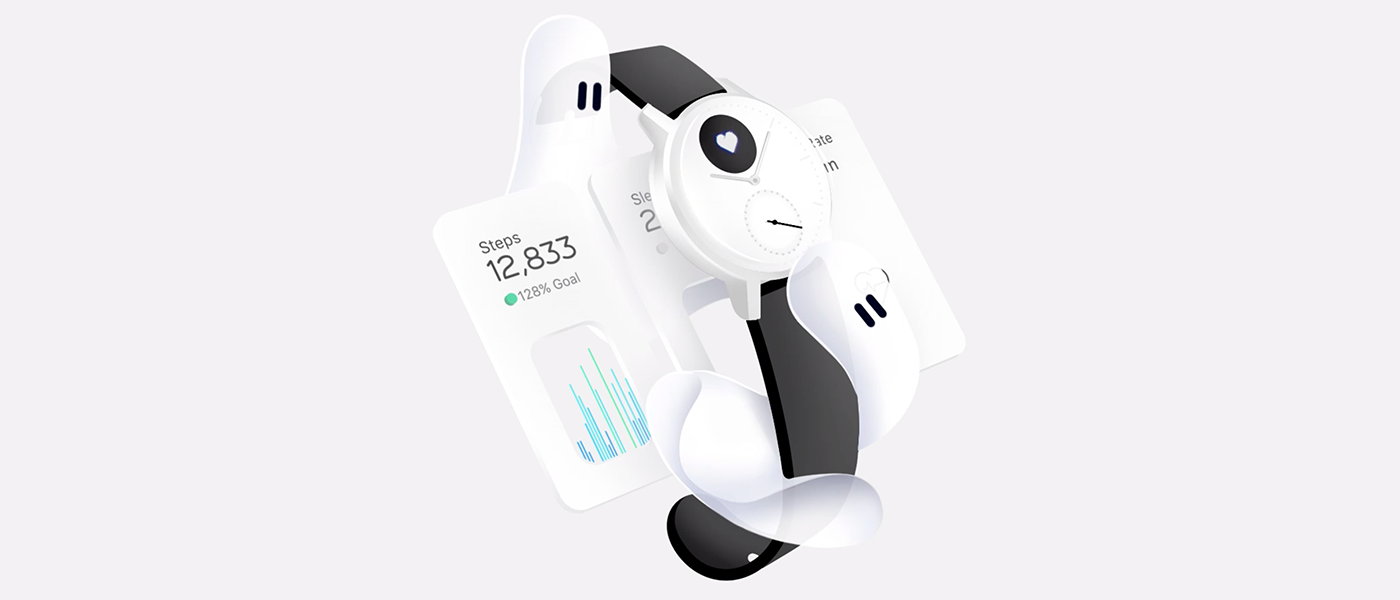
Should you be scared of health data? We felt like we had to take a stand: no, you don’t. Here’s why.
Hey, are you ok? You look like you’ve seen a ghost.
On TV, in the newspapers we read or in the doctor’s office: health data is all around us. So much so that we sometimes feel overwhelmed. For instance, did you know that 1 in 3 adults have high blood pressure? Spooky, isn’t it? It shouldn’t be—and we’re going to prove it. Discover how health data and medical studies can help you take care of your health.
Numbers raise awareness
One in three people with high blood pressure is unaware of it. What if you were one of them? That’s right: health figures raise awareness of health issues that are widespread, yet often underdiagnosed. These data are key to alerting the public about potential widespread health issues. They are also essential in encouraging those in at-risk populations to consult their doctors or health professionals and uncover possible health conditions—an incentive that is all the more crucial, as time is of the essence when it comes to treating fatal diseases. For instance, left untreated, AFib increases the risk of stroke by a factor of 5. However, once the disease is diagnosed, appropriate medical treatment can lower this risk by 70 to 80%. In a nutshell: the earlier the disease is caught, the better the odds of successfully preventing cardiovascular complications.
Numbers are upsetting—in a good way
According to the World Heart Federation, obesity doubles the risk of high blood pressure. Scientific journal Chest published a study indicating that “each hour of reduced sleep was associated with a 37% increase in the odds of incident hypertension.” And according to a study of the Journal of Clinical Sleep Medicine, “obstructive sleep apnea increases the risk of heart failure by 140%, the risk of stroke by 60%, and the risk of coronary heart disease by 30%.”
We’re aware that medical data can sometimes be alarming. When fearing for our health, we can be tempted to deny the numbers. Yet, shocks are precisely what can bring us to take a closer look at our daily habits. Isn’t facing the data an ideal way to start questioning our lifestyle choices? All you need to do is change the way you perceive these data. See them as a positive force that can inspire you to change in your life.
Numbers empower us to act
Health data is extremely valuable, because it empowers you to act for your health. After all, it’s our raison d’être at Withings: we believe that health knowledge is an incredible tool to drive changes in your habits. We want to give you the data you need to act. Whether the data is about your weight, your sleep or your physical activity, it’s when you make the bridge between scientific studies and your own health data that you’re prompted to act.
It doesn’t take much to see the benefits of a lifestyle change on your health — it’s just a matter of getting started. For instance, even a 15-minute brisk walk each day, an easy target, can reduce by 48% the 15-year risk of suffering from a fatal cardiovascular disease among seniors.
It helps to quantify yourself
By “quantified self,” we mean self-measurement: tracking, analyzing, and, in some cases, sharing personal data as for self-improvement. The development of connected health devices has enabled a drastic increase in day-to-day health data tracking. Those tools allow people to know themselves better, raising awareness of one’s own health. Consistent health tracking comes with psychological mechanisms that support change. Fritz et al (2014) have demonstrated in particular that numerical feedback that is shared by those interfaces prompted participants to exercise more because they created a “sense of achievement.” For instance, a study published by JAMA in 2007 found that “pedometer users increased participants’ physical activity by 26.9% over baseline.”
When you think about it, figures aren’t scary—quite the contrary. They enable you to take control of your health and drive change in your habits. So next time you get scared, take a deep breath: after all, it’s for your own good!


